Aberdeenshire Council did not fight a legal challenge from Tesco that torpedoed plans for a Macduff Aldi.
The local authority rubber-stamped the popular proposal last summer, with scores of residents crying out for the discount supermarket.
But Tesco mounted a legal case against the council, claiming it acted against its own policies by clearing the way for Aldi to open.
On Monday we revealed that Tesco had been successful – with their German retail rival left “extremely disappointed”.
Aberdeenshire Council retreats as Macduff Aldi plans left in tatters
Now it has emerged that Aberdeenshire Council top brass opted to retreat from the courtroom battle.
That meant that Tesco’s argument was passed without question.
A council spokesman would only tell us that those in charge decided it would not be “commercially viable” to fight the case.
Triumphant Tesco took it as an admission that the authority had acted improperly in sealing the plans.
The UK’s largest retailer told the P&J it was “pleased” Aberdeenshire Council “agreed” with its view that the application breached “its retail policy and Local Development Plan”.
Do you think Aberdeenshire Council owe the public an explanation? Let us know in our comments section below
Locals left furious at having Aldi taken away
The Aldi would have cost £3.3 million to build and brought 35 jobs to the area.
Local Ray Stephen last week launched a petition to demonstrate the strength of local feeling on the matter.
Signing it today, Linda Duncan said: “Macduff needs an Aldi to support those unable to travel and help boost the economy.”
Carolyn Warne added: “The area is in desperate need of more shopping choice, especially with the cost of living increases.”
What did Aberdeenshire Council do last summer?
Last year, local Troup councillors – including local authority leader Mark Findlater – all agreed to leave the decision to unelected officials.
Signing off on the scheme in July, head of planning Paul Macari concluded that the Aldi application was “in compliance with all relevant policies of the Aberdeenshire Local Development Plan (LDP), subject to conditions”.
The LDP, a guide to all such decisions, dictates that retail plans will be approved if they fit certain criteria.
That includes whether they are “appropriate to the scale of the settlement”, and are proposed for town centres – or the next best option close to a town centre.
Was there any concern that Aldi plans didn’t fit policy?
This area proved a bone of contention before.
The Co-op urged Aberdeenshire Council to throw out the Duff Street plans partly because there was a “preferable site” available in the form of Banff’s Canal Park.
Those claims came despite an ongoing wrangle over the common good land as locals seek to keep it out of the hands of Morrisons.
The Co-op argued that, before deciding to set up shop in Macduff, Aldi should have “attempted to acquire” the grounds.
The chain, like Tesco, has a store in neighbouring Banff which could have been hit.
And Co-op chiefs warned about trade being destroyed elsewhere if the Aldi was built.
Council said any impact would be ‘neutral’
However, real estate firm Avison Young submitted retail studies on Aldi’s behalf ruling out Canal Park and downplaying any impact on existing traders.
And council planners agreed that those papers addressed the issues raised.
They said: “Review of this concluded that there could be both positive and negative impacts for the town centre of Macduff, the impact overall was deemed to be neutral.”
A statement from the Lord Ordinary who presided over the recent case confirmed that “no answers had been lodged” in response to the petition submitted by Tesco.
The legal challenge, therefore, went through “unopposed”.
And the Court of Session granted the “reduction” of the permission handed to Aldi back in July.
Read more here.

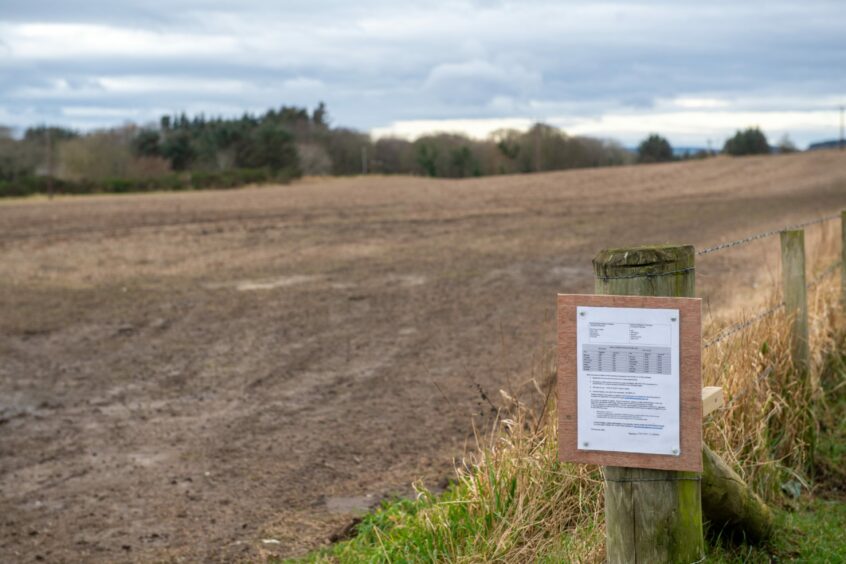
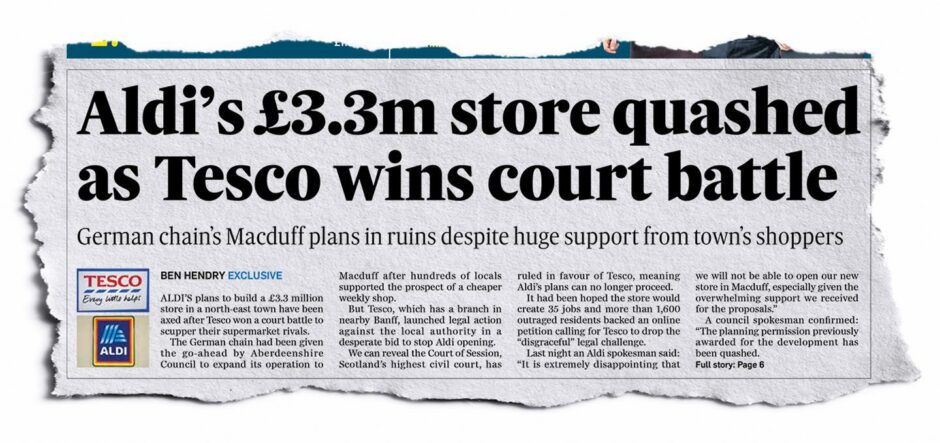
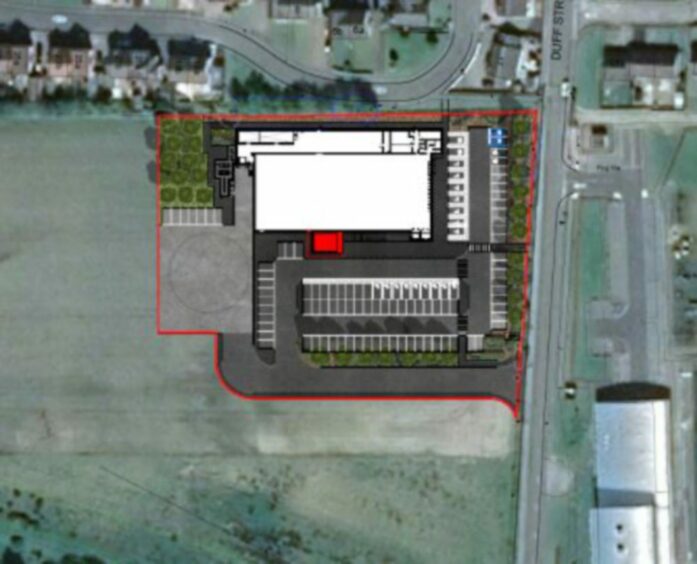

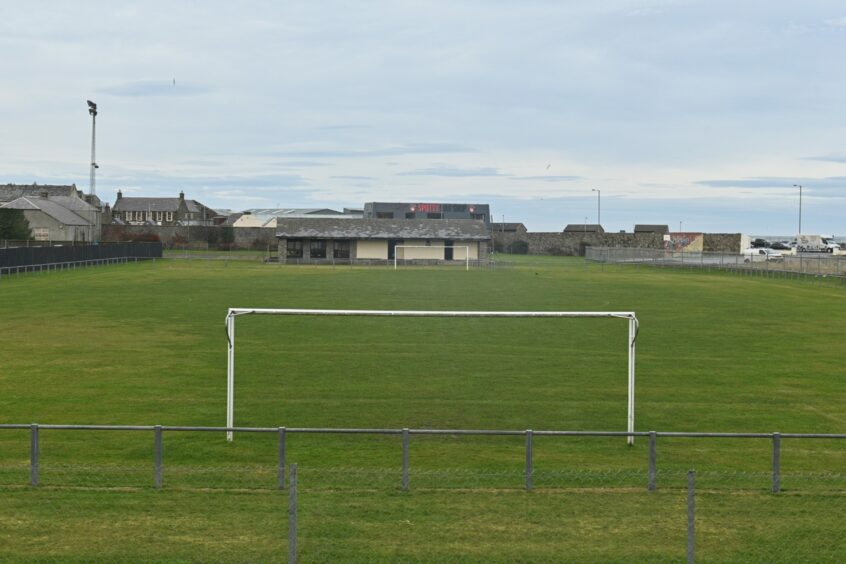
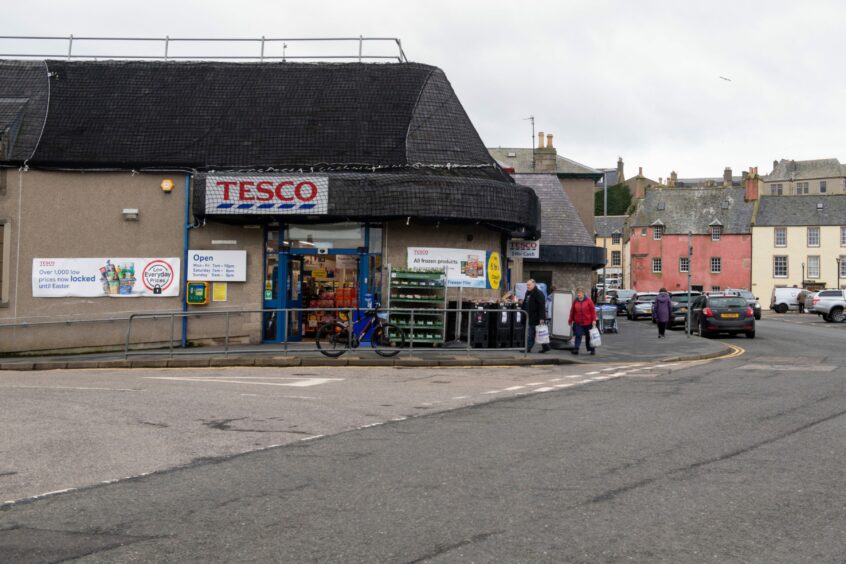



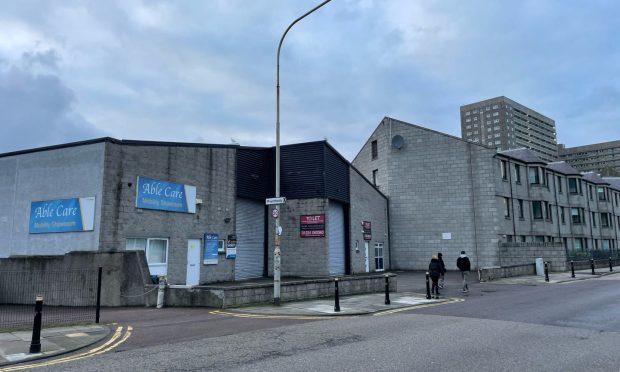

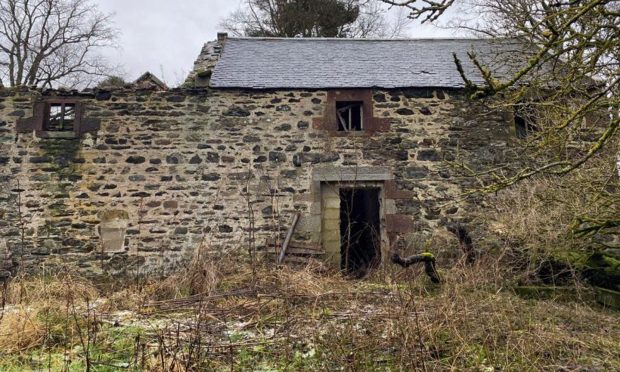

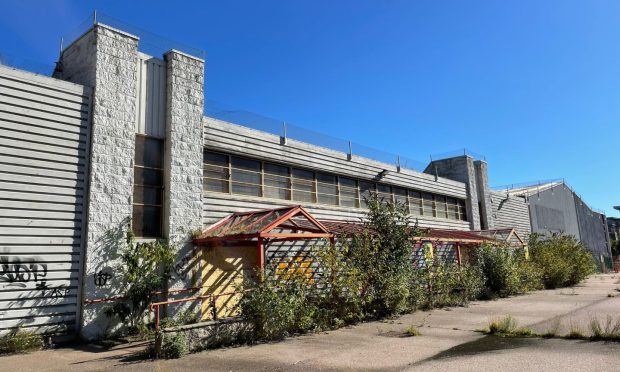

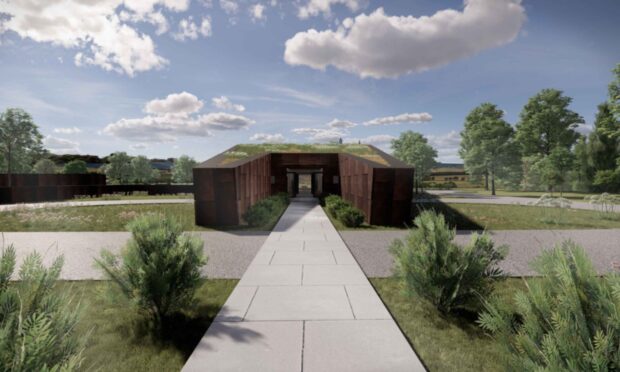

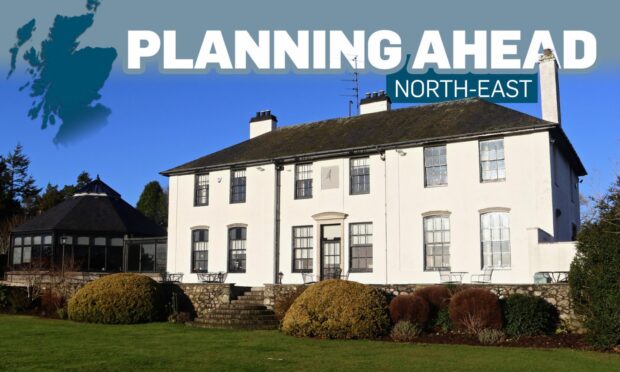

Conversation